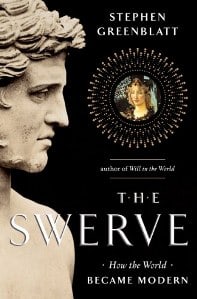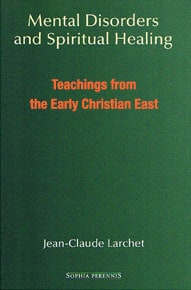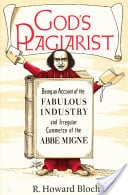Stephen Greenblatt’s book, The Swerve: How the World Became Modern, is an excellently well written book that combines both history and storytelling.
It is a scintillating work of historical fiction that is equal to the Name of the Rose by Umberto Eco. Greenblatt’s book revolves around the life and times of a fifteenth century Florentine/Roman scholar and one time secretary to the Pope, Poggio Bracciolini, and his discovery of a lost poem entitled De Rerum Natura by the first century BC poet Titus Lucretius Carus.
The Swerve strings together the complex weave of religion, society, corruption, greed, immorality, Greek philosophy, war, the lives of monasteries, monks, and libraries to tell the story. This narrative is structured by following Poggio Bracciolini in his pursuits. The Book revolves around Poggio finding this poem which was unknown to civilization for a number of centuries.
He believes that the discovery of this poem written by Lucretius was a cornerstone in the development of humanism and the reshaping of what is now become the modern world.


